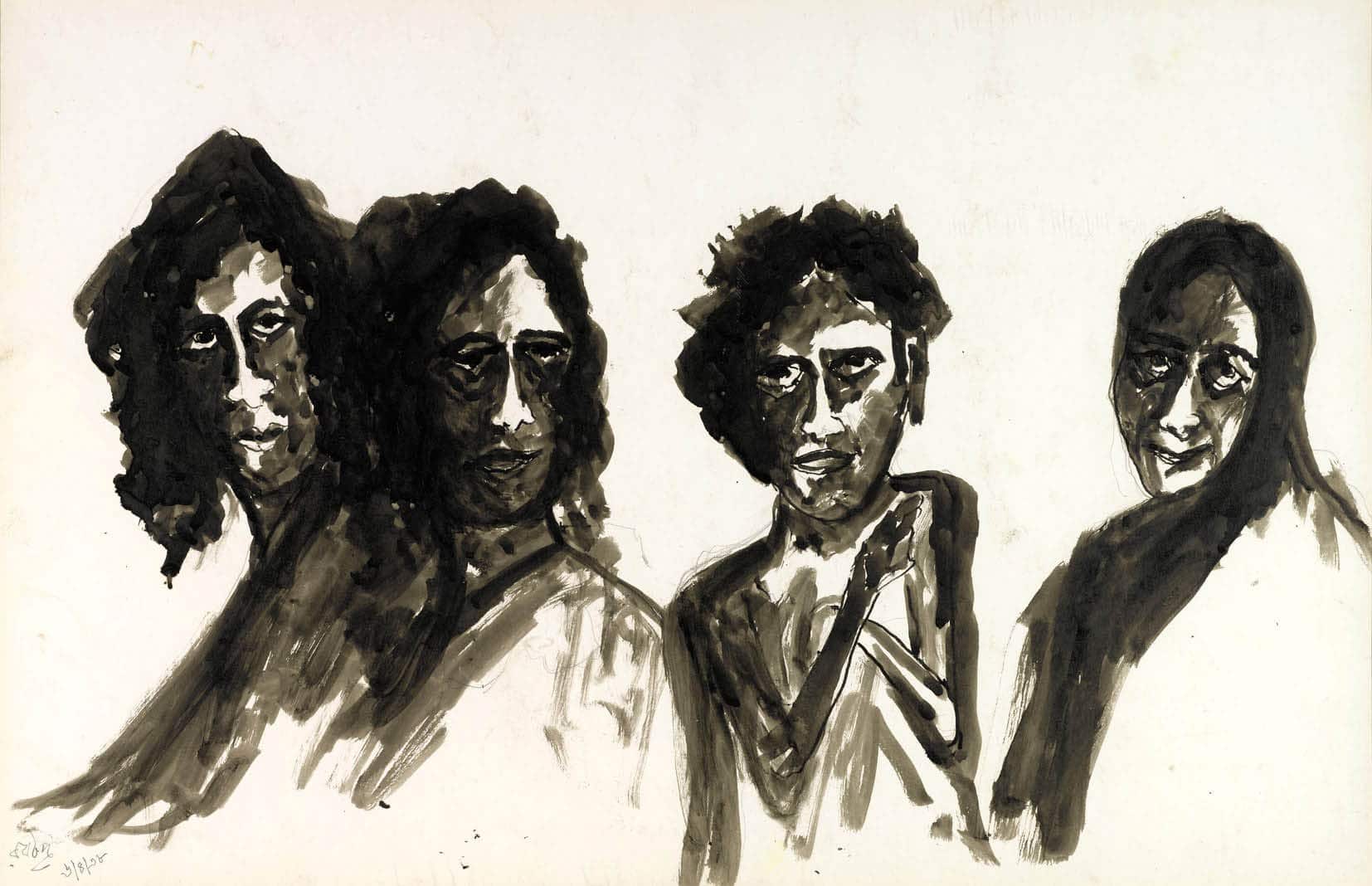Life
Tagore Haunted by Depression

Nobel laureate Rabindranath Tagore was tortured by loneliness and frequent bouts of depression, according to a new biography.
Rabindranath Tagore: An Interpretation by Sabyasachi Bhattacharya claims that Tagore suffered “one of his worst spells of depression” in May and October 1914, soon after his book of poems, Gitanjali, won the Nobel Prize for literature in 1913.
“In January 1915 Tagore again speaks of a ‘breakdown’, ‘deep depression’, but in February he claimed to have been healed in the solitude of the boat he inhabited on the banks of the Padma (river) in north Bengal,” according to Bhattacharya.
The book quotes a letter by Tagore to his confidant Charles Freer Andrews: “I was very lonely that was the chief feature of my childhood I was very lonely. I saw my father seldom: he was away a great deal…I was kept in the charge of the servants of the household after my mother died…. Sometimes I would pass many months absolutely alone without speaking, till my own voice grew thin and weak through lack of use.”
The book includes comments from Andrews on Tagore’s 1914 depression episode: “He (Tagore) told me afterwards that the mental pain he experienced soon after his arrival (for a retreat at Ramgarh) was almost equivalent to death agony. He had hardly expected to survive it.”
Bhattacharya attributes the bard’s chronic loneliness to “disappointment with the support he received from his people, especially the Bengali people, a sense of loneliness in his life as an institution builder in a society, and a mindset that was hostile, or at best apathetic.”
